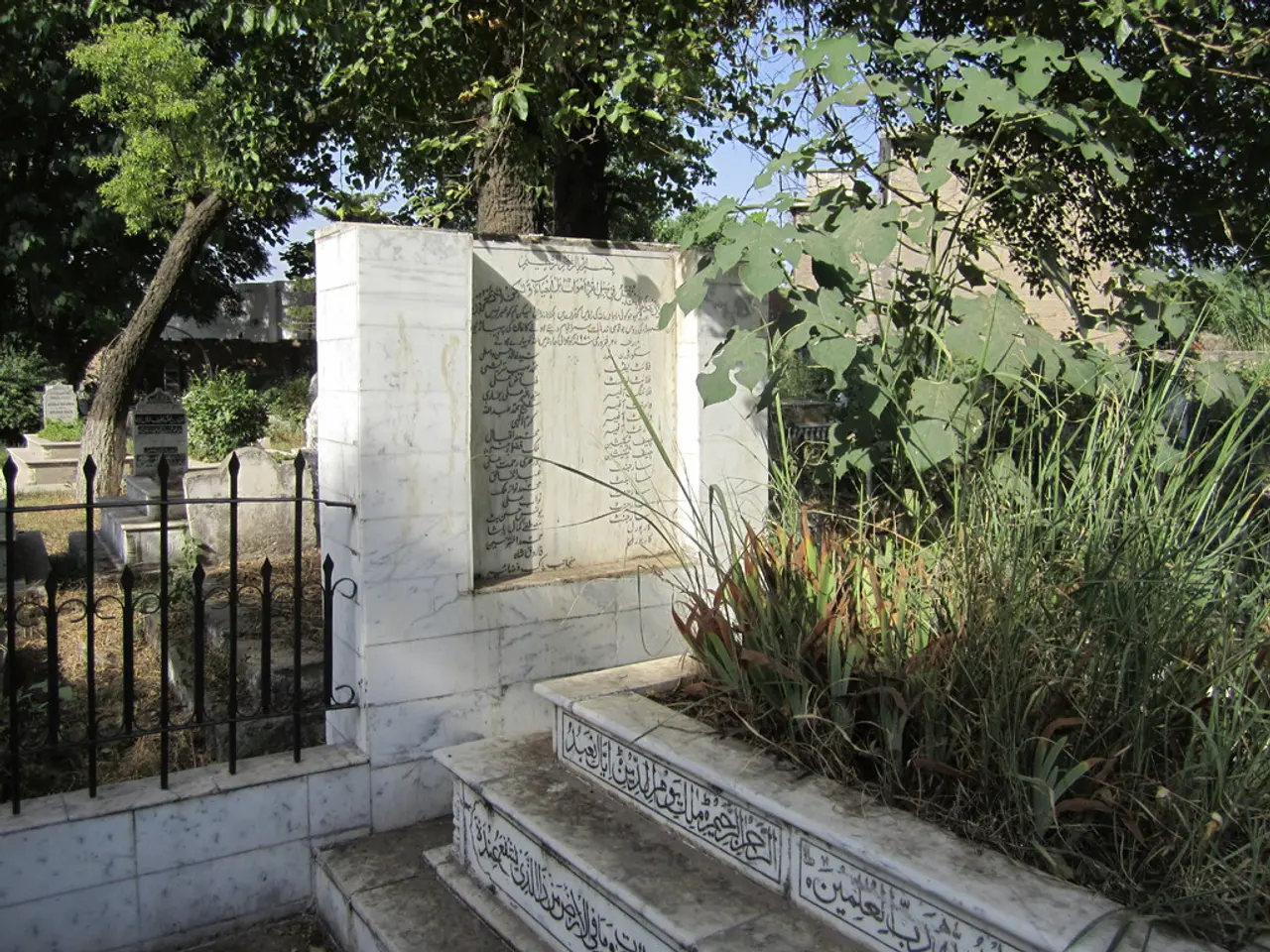Changes to inheritance tax pose a potential double taxation for pensions; exploring alternatives.
With the announcement that pension funds will be subject to Inheritance Tax (IHT) from April 2027, estates containing pension wealth that were previously exempt or favourably treated will now face increased potential tax liabilities.
The changes, first announced in the Autumn Budget by Rachel Reeves, will bring unused pension funds and death benefits payable from a pension into a person's estate. This move closes previous IHT relief on unused pension funds held in discretionary pension schemes, potentially causing some beneficiaries to face a higher overall tax bill.
Implications of the Changes
Estates with substantial unused pension pots may owe IHT at the standard 40% rate on amounts exceeding nil-rate bands, potentially increasing inheritance tax bills by an average estimated £34,000. Both pension pots of individuals who die before accessing their pensions and those who die after will be affected.
The payment and administration responsibility for the pension-related IHT primarily falls on personal representatives (PRs) of the deceased's estate, rather than pension scheme administrators (PSAs). Beneficiaries are jointly liable once PRs are appointed.
A new mechanism allowing beneficiaries to direct pension scheme administrators to pay the IHT due directly to HMRC, with income tax relief on the portion of pension death benefits equal to the IHT paid, has been introduced to avoid a "double death tax" whammy—where pension benefits are taxed twice (once as inheritance tax and again as income tax upon receipt).
Avoiding a High Tax Bill
To avoid a high tax bill, experts urge pension savers to check and potentially change their retirement strategies. Effective planning strategies include spending down pension funds before death, especially before the rules come into effect, to reduce the estate’s pension component subject to IHT.
Other options include contributing to a loved one's pension, paying into a grandchild's Junior ISA, or downsizing your home. Ensuring up-to-date pension beneficiary nominations and reviewing pension schemes to maintain their discretionary nature, which previously provided some IHT protection but now must be reconsidered due to the rule change, are also important.
Consulting tax and estate planning professionals to possibly restructure pension and estate assets to mitigate IHT exposure, including use of alternative wealth transfers or trusts, is advisable. If not married or in a civil partnership, and not leaving a home to a direct descendant, the nil-rate band remains at £325,000.
The Future of the Changes
The government is consulting on the details of how inheritance tax will be paid on pensions, with further details expected next year. However, the changes to inheritance tax on pensions will not come into effect until close to the end of the current government's term in office, potentially risking reversal if a new administration comes into power.
In some instances, the addition of a pension fund to someone's IHT estate can result in the loss of the Residence Nil-Rate Band (RNRB), which is the tax-free amount of up to £175,000 that can help reduce someone's IHT liability in respect of residential property.
If death occurs at or after age 75, the pension money is subject to the beneficiary's rate of income tax. An English, Welsh, or Northern Irish beneficiary of a pension pot could have a net receipt as low as £36,787, representing an 89.49% overall tax rate. A Scottish beneficiary of the same pot could receive as little as £29,906, resulting in an effective overall tax rate on the pension pot of 91.46%.
In essence, the inclusion of pensions in the inheritance tax base increases complexity and potential tax costs for estates with pension wealth. Careful planning and understanding the new payment responsibilities can reduce the risk of double taxation and ease administrative burdens on personal representatives.
- The changes in inheritance tax laws from April 2027 could cause some beneficiaries to face a higher overall tax bill, as pension pots will now be included in a person's estate, potentially leading to increased tax liabilities.
- To reduce the estate’s pension component subject to inheritance tax, pension savers might consider altering their retirement strategies, such as spending down pension funds before death or contributing to a loved one's pension or Junior ISA.
- The new mechanism introduced for paying the inheritance tax due on pensions directly to HMRC seeks to prevent a "double death tax" by offering income tax relief on the part of pension death benefits equal to the IHT paid, making it crucial for estate representatives to understand these payment responsibilities.




